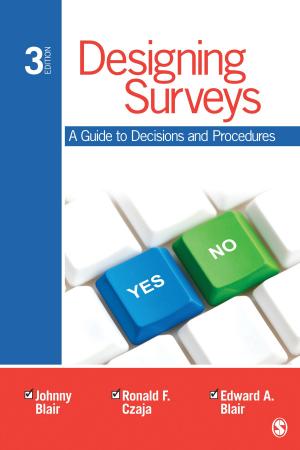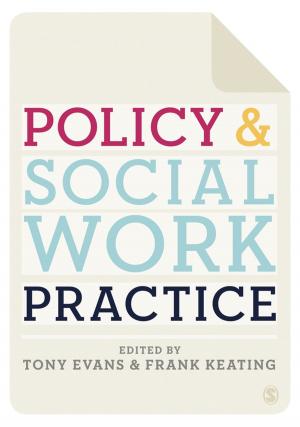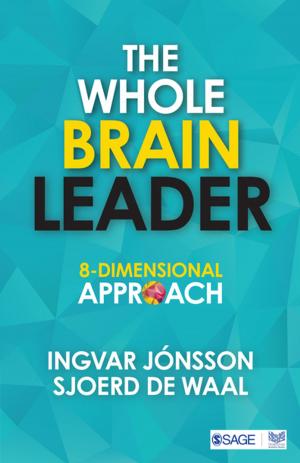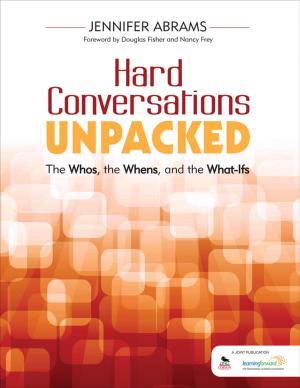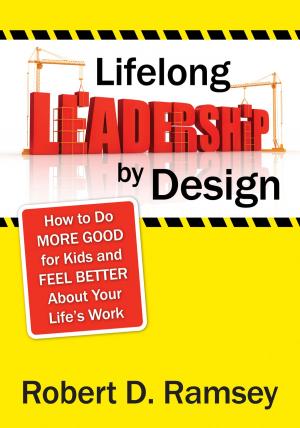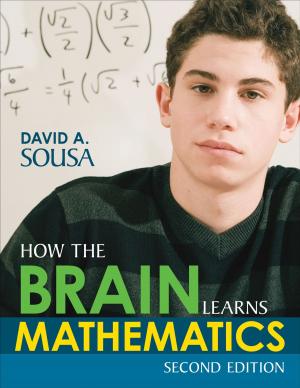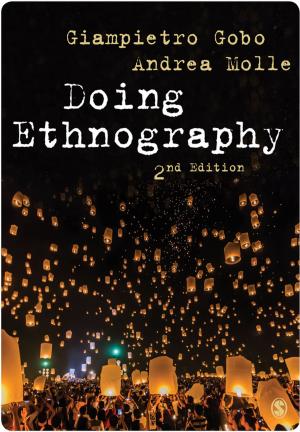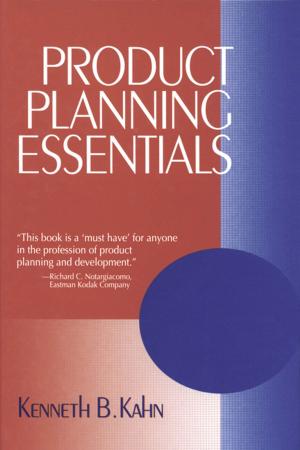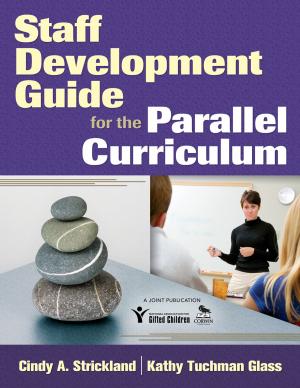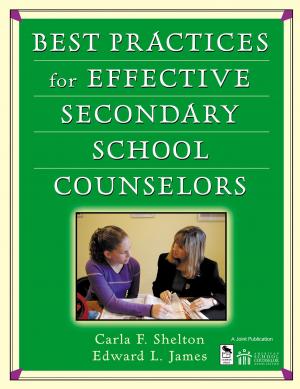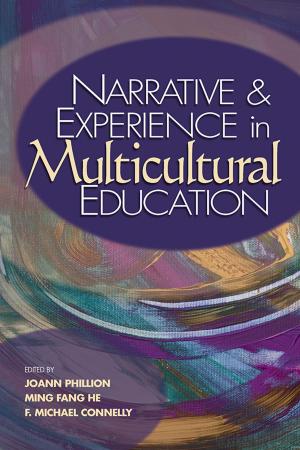Thinking and Learning Through Drawing
In Primary Classrooms
Nonfiction, Reference & Language, Education & Teaching, Teaching, Teaching Methods| Author: | Mrs Gill Hope | ISBN: | 9781446246351 |
| Publisher: | SAGE Publications | Publication: | September 12, 2008 |
| Imprint: | SAGE Publications Ltd | Language: | English |
| Author: | Mrs Gill Hope |
| ISBN: | 9781446246351 |
| Publisher: | SAGE Publications |
| Publication: | September 12, 2008 |
| Imprint: | SAGE Publications Ltd |
| Language: | English |
'The text is clear and accessible and gives a fascinating overview of how drawing can help children to learn and understand the thinking of others…It is highly recommended for all students and practitioners interested in understanding more about how children express their ideas and theories about the world' - Early Years Update
'This book is an invaluable resource for anyone who recognises the potential of 'drawing' as an essential element for developing thinking and learning in the Primary Classroom...and a 'must read' for those who are sceptical!....This is a fascinating read that invokes a variety of feelings including a sense of wonder and curiosity about the many facets of drawing, which leaves you with a thirst to try out more and explore ways of releasing the untapped potential of 'drawing' in your own classroom' - thinkingclassroom.co.uk
Children use drawing as a means through which they create, develop, communicate and record their thoughts and ideas. Whether it's to play, or to express feelings and meaning, drawing enables them to learn about the world, explore their imaginations, and to invent and present new ideas.
With an extensive background in teaching and researching children's uses of drawing, Gill Hope describes the ways in which multiple forms of drawing are used by Primary school children. She explains why it should be actively promoted as a means of supporting thinking and learning across a wide range of subject areas, and provides practical support for teachers.
Demonstrating the importance of drawing, and combining a thematic approach with practical guidance, this informative and enjoyable book:
- widens teachers' understanding of the multiple uses of drawing;
- shows how children can be guided to use it to support thinking and learning;
- explores the range of applications in which drawing can be used across all areas of the curriculum;
- looks to the future and at the ever increasing importance of graphic literacy.
Providing a fresh insight into the uses of drawing as a powerful tool which supports children's thinking and learning, this book will be of interest to everyone involved in the development of children's capabilities, including teachers, student teachers and teaching assistants.
'The text is clear and accessible and gives a fascinating overview of how drawing can help children to learn and understand the thinking of others…It is highly recommended for all students and practitioners interested in understanding more about how children express their ideas and theories about the world' - Early Years Update
'This book is an invaluable resource for anyone who recognises the potential of 'drawing' as an essential element for developing thinking and learning in the Primary Classroom...and a 'must read' for those who are sceptical!....This is a fascinating read that invokes a variety of feelings including a sense of wonder and curiosity about the many facets of drawing, which leaves you with a thirst to try out more and explore ways of releasing the untapped potential of 'drawing' in your own classroom' - thinkingclassroom.co.uk
Children use drawing as a means through which they create, develop, communicate and record their thoughts and ideas. Whether it's to play, or to express feelings and meaning, drawing enables them to learn about the world, explore their imaginations, and to invent and present new ideas.
With an extensive background in teaching and researching children's uses of drawing, Gill Hope describes the ways in which multiple forms of drawing are used by Primary school children. She explains why it should be actively promoted as a means of supporting thinking and learning across a wide range of subject areas, and provides practical support for teachers.
Demonstrating the importance of drawing, and combining a thematic approach with practical guidance, this informative and enjoyable book:
- widens teachers' understanding of the multiple uses of drawing;
- shows how children can be guided to use it to support thinking and learning;
- explores the range of applications in which drawing can be used across all areas of the curriculum;
- looks to the future and at the ever increasing importance of graphic literacy.
Providing a fresh insight into the uses of drawing as a powerful tool which supports children's thinking and learning, this book will be of interest to everyone involved in the development of children's capabilities, including teachers, student teachers and teaching assistants.

